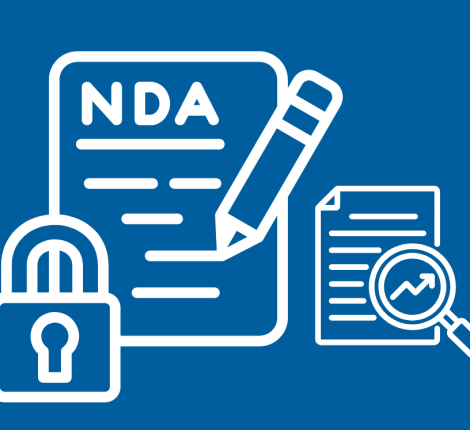Insurance Advisory Newsletter: Trade Credit Insurance – April 2023
Trade Credit Insurance Policy
Credit is the basic facility provided by almost every business entity to its customers. It enables customers to obtain goods or services from a business entity basis the trust that payment will be made in the future. Most entities offer credit to their customers to facilitate their operations. While offering the credit facility to a customer, an entity is exposed to the risk of non-payment or delay in payment by the respective customer.
A business entity procures insurance policies for its employees, and premises to address its third-party liabilities but account receivables, which keep the business running, are not commonly insured by the business entity. Trade credit insurance (“Trade Credit Insurance”) is a risk management instrument that secures an entity (“Insured”) to insure its accounts receivable from losses due to unpaid invoices as a result of protracted default, insolvency and bankruptcy of customers.
Any company that has receivables on its balance sheet is prone to losses from the inability or failure of a customer to make the payments. Such companies can procure a Trade Credit Insurance policy to effectively safeguard them against the loss due to delay or non-payment by customers. The sum insured for a Trade Credit Insurance Policy will be dependent on the annual credit sales turnover of the company where Credit terms offered to its customers play an important role in determining the premium for a Trade Credit Policy.
Significance Of Trade Credit Insurance
The significance of Trade Credit Insurance is as follows:
- Trade Credit Insurance safeguards the Insured by protecting their account receivables or business sales which will be converted into cash, thereby, insuring the liquidity of assets.
- It reduces risks of cash crunch due to bad debts on account of unanticipated, insolvency or bankruptcy of customers.
- It helps businesses by improving funding access at competitive rates and increasing the chance of obtaining finance from banks.
- It helps the Insured to seek more information about customers and screen them regularly for their creditworthiness.
Standard Coverages And Exclusions Under Trade Credit Insurance
Coverages |
Exclusions |
| 1. Protracted defaults/Delayed payment: If a customer fails to make a payment to the Insured as per agreed payment terms (credit period), the non-payment becomes a protracted default of the customer. Trade Credit Insurance covers such protracted default.
2. Insolvency/ Bankruptcy of customer: Protection against non-payment if the customer becomes insolvent or bankrupt. 3. Political risks: If there is a loss of payment during exports due to political unrest (such as war, moratorium, natural disasters, license cancellation, export/ import restriction, transfer restrictions, the promulgation of laws, or other governmental measures), the same is covered under Trade Credit Insurance. Political issues are covered under this as they either limit or interfere with the trade of free disposal of contractual consideration to which the Insured is entitled. |
1. Disputed invoices: Payments not made on account of disputes in invoices by a customer for the quality of products or services are not covered under Trade Credit Insurance.
2. Penalty and Damages: Any penalties or damages which the Insured is obligated to pay are not covered under Trade Credit Insurance. 3. Certain specific contracts: Sales contracts made with any private individuals (B2C) and government bodies, subsidiaries and associates etc. are excluded under Trade Credit Insurance. 4. Sales against advances: Sales made against advance payment and irrevocable confirmed letters of credit. |





